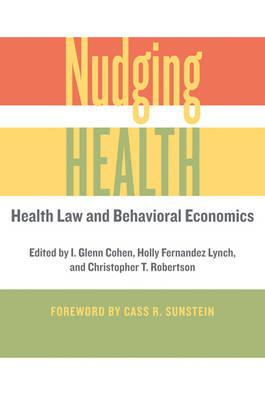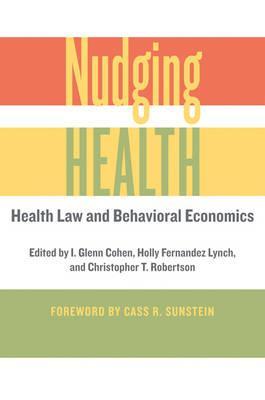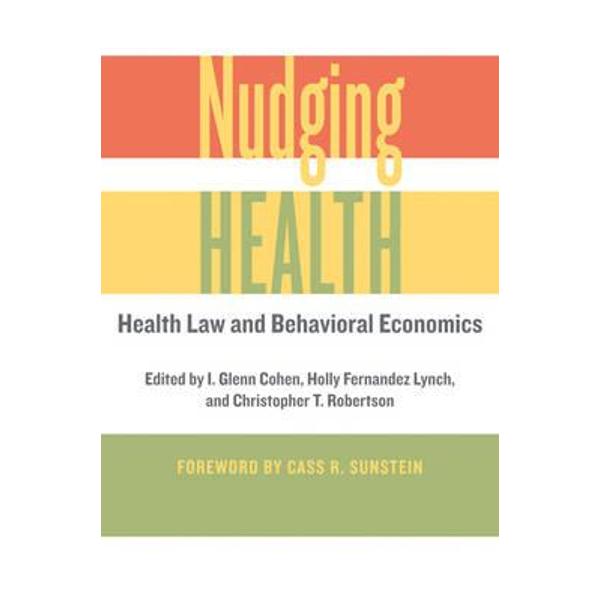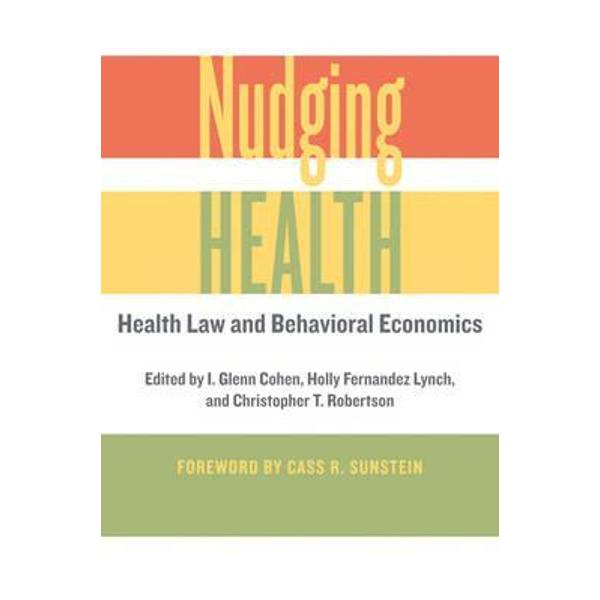Behavioral science has swept the fields of economics and law through the study of nudges, cognitive biases, and decisional heuristics-but it has only recently begun to impact the conversation on health care. Nudging Health wrestles with some of the thorny philosophical issues, legal limits, and conceptual questions raised by behavioral science as applied to health law and policy. The volume frames the fundamental issues surrounding health nudges by addressing ethical questions. Does cost-sharing for health expenditures cause patients to make poor decisions? Is it right to make it difficult for people to opt out of having their organs harvested for donation when they die? Are behavioral nudges paternalistic? The contributors examine specific applications of behavioral science, including efforts to address health care costs, improve vaccination rates, and encourage better decision-making by physicians. They wrestle with questions regarding the doctor-patient relationship and defaults in healthcare while engaging with larger, timely questions of healthcare reform.
Nudging Health is the first multi-voiced assessment of behavioral economics and health law to span such a wide array of issues-from the Affordable Care Act to prescription drugs.
Contributors: David A. Asch, Jerry Avorn, Jennifer Blumenthal-Barby, Alexander M. Capron, Niteesh K. Choudhry, I. Glenn Cohen, Sarah Conly, Gregory Curfman, Khaled El Emam, Barbara J. Evans, Nir Eyal, Andrea Freeman, Alan M. Garber, Jonathan Gingerich, Michael Hallsworth, Jim Hawkins, David Huffman, David A. Hyman, Julika Kaplan, Aaron S. Kesselheim, Nina A. Kohn, Russell Korobkin, Jeffrey T. Kullgren, Matthew J.B. Lawrence, George Loewenstein, Holly Fernandez Lynch, Ester Moher, Abigail R. Moncrieff, David Orentlicher, Manisha Padi, Christopher T.

















